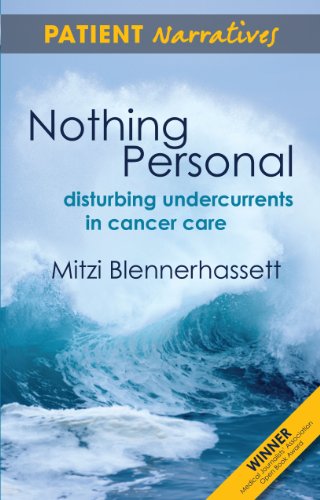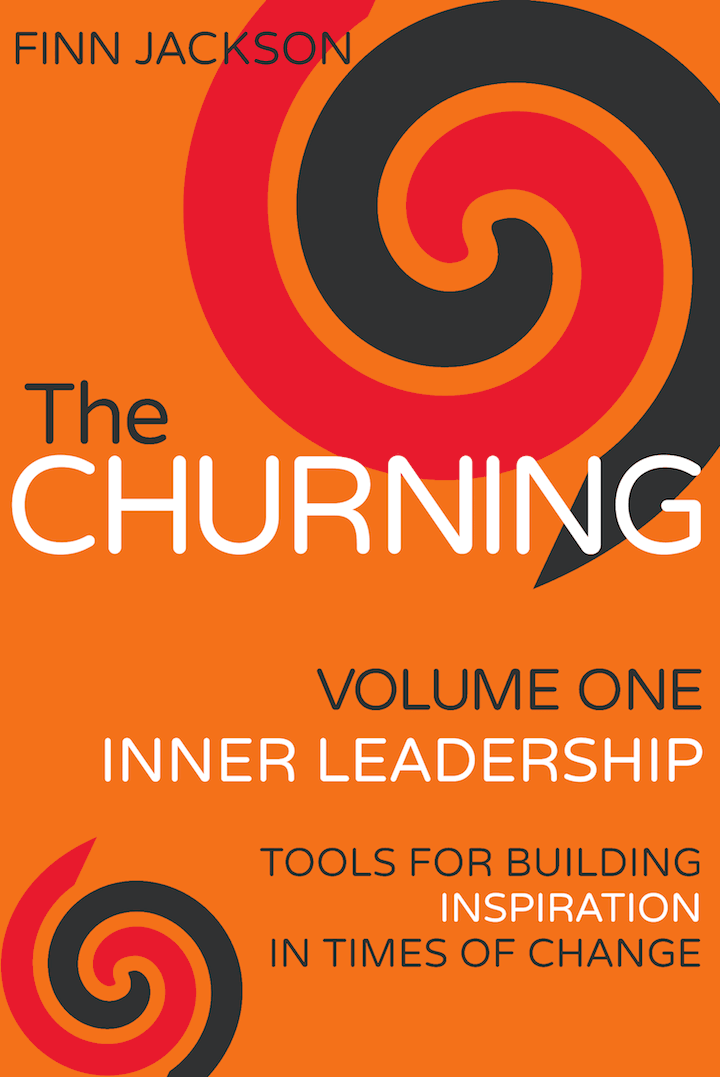After surviving cancer twice during the 1990s and now, by 2015, have been working to improve cancer care for a quarter of a century.
Back then I would have described myself as ‘just a little mouse’, but I helped start a self-help group in York (Cancer Concern) and found myself running it for the next 12 years. I trained as a counsellor and listened to patients’ stories – and what I heard appalled me. But no-one felt able to speak out, even anonymously. So I began writing – first in cancer charity magazines, then in medical journals.There had to be acknowledgement of what was so wrong.
I was invited to become a member of the local Community Health Council and, as spokesperson for the support group, my opinion was sought by the local media.
Caring passionately about cancer issues enabled me to overcome inherent shyness enough to begin public speaking. The audience for my first presentation included health trust chief executives, the public and press. ‘Trial by fire’, I thought, but it resulted in more personalised ambulance transport (cars) for cancer patients rather than the ‘sit up and beg’ ambulances (known as ‘cattle trucks’) that collected numerous patients and took them to various hospitals for treatments – which meant very ill patients could be rattling around and away from home all day. I had found my voice and there was no turning back.
One thing led to another. I worked with the local health trust on their research ethics committee and ‘art in hospital group’. I was asked to write in various medical journals and to contribute a chapter to a medical book. Meanwhile, I was lucky enough to be accepted onto a part time fine art diploma and two years later this led to a degree course. I was in clover!
‘Patient Empowerment’ – buzz words in the 1990s – became ‘Patient Partnership’ and health professionals were asked to work alongside patients and carers (service users) to shape future health services. Things – they were indeed ‘a-changing’.
Patients’ expectations were certainly changing. They wanted to be empowered, to have more say in their treatment and care. They wanted to know what treatments were available and which were best. Unlike patients in past years, they wanted full information in order to give informed consent. That meant knowing what the worst side effects of treatment might be, no matter how rare. Increasingly, they began to speak out and said that uncertainty was worse than knowing the most unpleasant truth.
I contributed to, and featured in, national cancer charity campaigns and gave presentations locally, nationally and even internationally.
Participation in shaping health services continued via various committees, charities and statutory bodies. In 1999 I was invited to join the newly formed Patient Liaison Group of the Royal College of Pathologists which consisted of 6 lay and 6 professional members. (Later I joined a similar patient partnership group at the Royal College of General Practitioners.) The Chair, Dr Helen Williamson, ensured there was no tokenism and we lay people became integral to the running of the College. I later became Chair and when I left was honoured to be awarded the title ‘Friend of the College’.
My 2008 book ‘Nothing Personal, disturbing undercurrents in cancer care’ is based on poems which came pouring out at 3.00am night after night, during my first cancer treatment in 1990. It not only charts my experiences as a cancer patient, but includes discussion sections throughout looking at what needed to change, with research references to better/evidence-based practice. I wanted it to be a force for change and it raises many issues. The storyline extends to living with treatment side effects and a mystery unravels as I seek answers to unanswered questions. Ultimately it touches on service user involvement.
I still can’t believe it, but in 2009 Nothing Personal was a winner in the Medical Journalists’ Open Book Awards. At the award ceremony, the judges referred to it as ‘unputdownable’.
I’m hoping this website will help other patients (or anyone affected by cancer in any way) to find peace of mind and maybe fulfilment in life after cancer. It could give them a voice. Perhaps they, too will want to champion the patients’ voice and work in partnership with health professionals and others to improve cancer outcomes and care. Or maybe they will just want to get on with their lives. It’s ‘horses for courses’; whatever you feel is right for you.
After reading one of my first articles in a medical journal, one doctor sent me a postcard with this response: ‘ After reading it I will be changing my practice and will try to influence that of my colleagues’. ‘My hand to you in love’, she wrote. I was touched by her humanity. I now extend that message to any reader whom cancer has touched, whether personally or via family or friends.
Mitzi Blennerhassett, updated October 2015



